The public has a general understanding of both wills and trusts, but it is mostly gathered from the way that films and television shows talk about them, not from any personal experience with these legal tools.
While both wills and trusts are an essential part of most estate plans, they serve different purposes, and one generally cannot fill in as a substitute for the other. If you are beginning your estate planning journey, you need to understand the uses of these fundamental tools, since virtually all estate plans involve a will and many involve trusts.
What does a will do?
A last will and testament is a formally created document that lays out in detail the wishes of the will’s creator, known as the testator. The will may include directions on how to:
- Disperse property to heirs and beneficiaries
- How to resolve outstanding debts
- Instructions for end-of-life care
- Even instructions for handling the testator’s remains and how to celebrate the testator’s life after they pass away
In most cases, wills are subject to probate, which is the process by which the court certifies that a will’s wishes are followed. Unfortunately, this process is often quite time-consuming and may drain the resources within the estate by dragging out the process of executing the will itself. If the estate in question is sizable, it is usually desirable to avoid probate as much as possible so that the estate does not dwindle in value while the gears of the courts slowly turn.
Most individuals who wish to avoid probate use some form of trust to do so.
How does a trust avoid probate?
In most cases, trusts are not subject to probate. Without getting too far into the weeds of legal minutiae, once a person places property into a trust, the property no longer belongs to them legally. Since the property no longer belongs to them, then it does not concern probate, which deals with the property belonging to an individual when they die.
For those new to estate planning, it useful to think of a trust as a box in which the owner of an estate can place their property so that they no longer legally own it. However, this is a tricky process and requires careful attention to detail while building the trust. Depending on the type of trust chosen, there are usually strict rules around how the owner of the estate may interact with the property or benefit from it.
In many cases, once property is in a trust, the owner who placed it there cannot change the rules of the trust if they grow inconvenient, so it is important to plan these terms very carefully to anticipate potential complications down the road.
Don’t put off peace of mind
If you are already considering your estate plan, it is very likely that you need one to protect your property and make your wishes known. Don’t put off taking steps to keep your property safe from lengthy costly probate, otherwise, you may never get around to it.
The news is littered with stories of rich and famous individuals who neglect to even write a will and leave thousands or millions of dollars in limbo, causing great frustration for those they leave behind. Protect your wishes and the ones you love by building a strong estate plan now, keeping your rights secure as you build the legacy you wish to leave.


